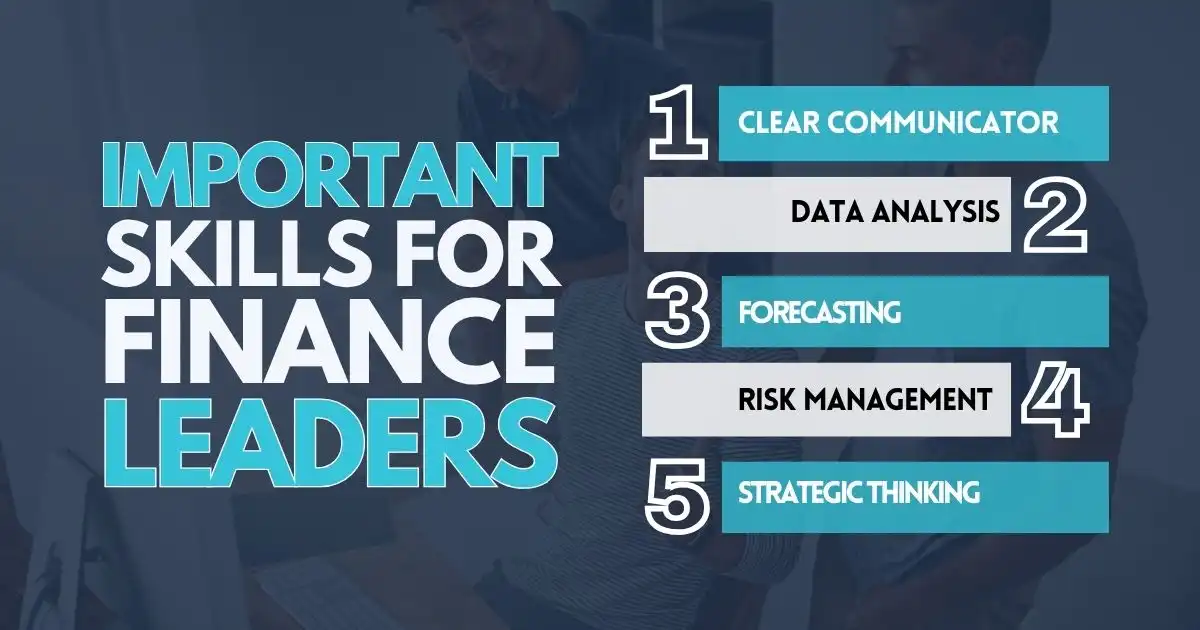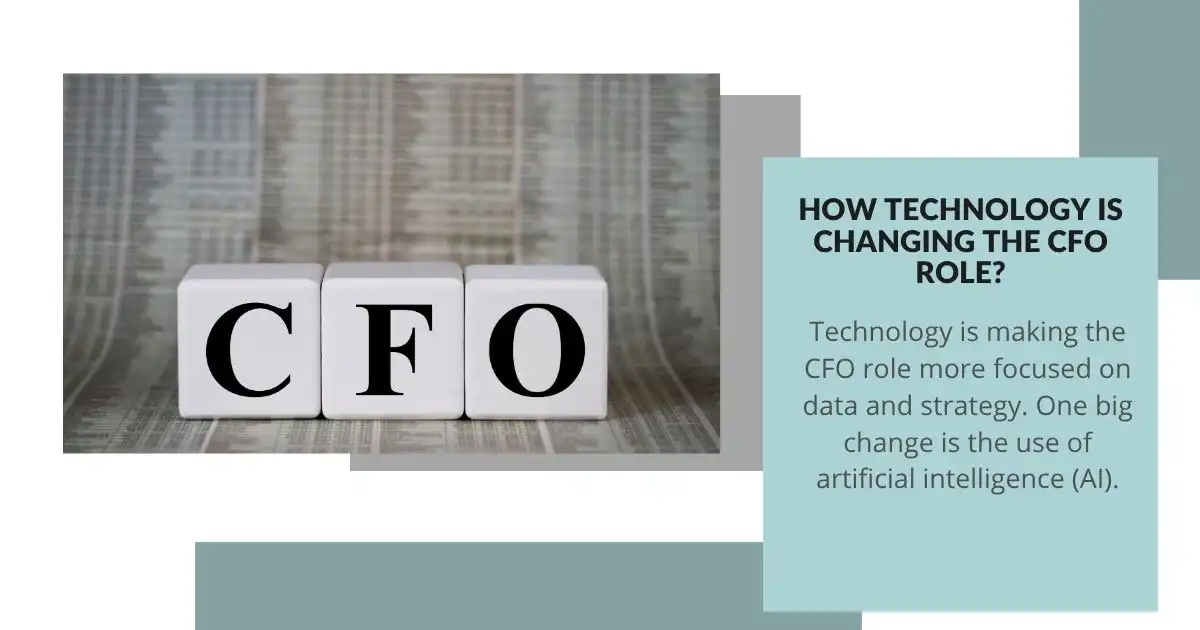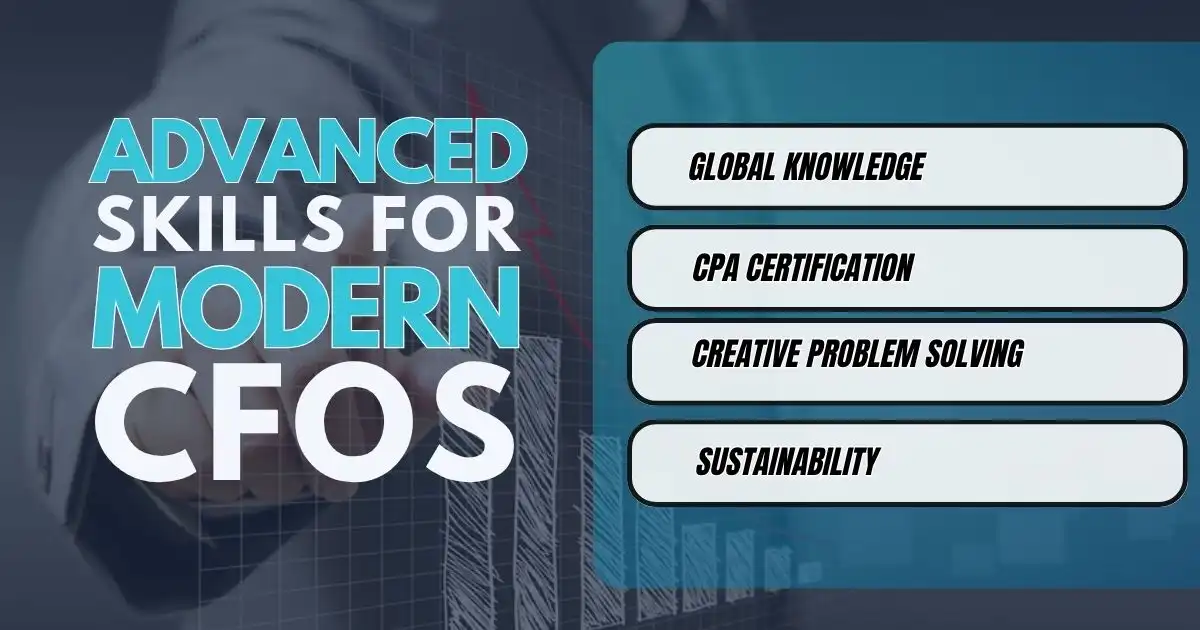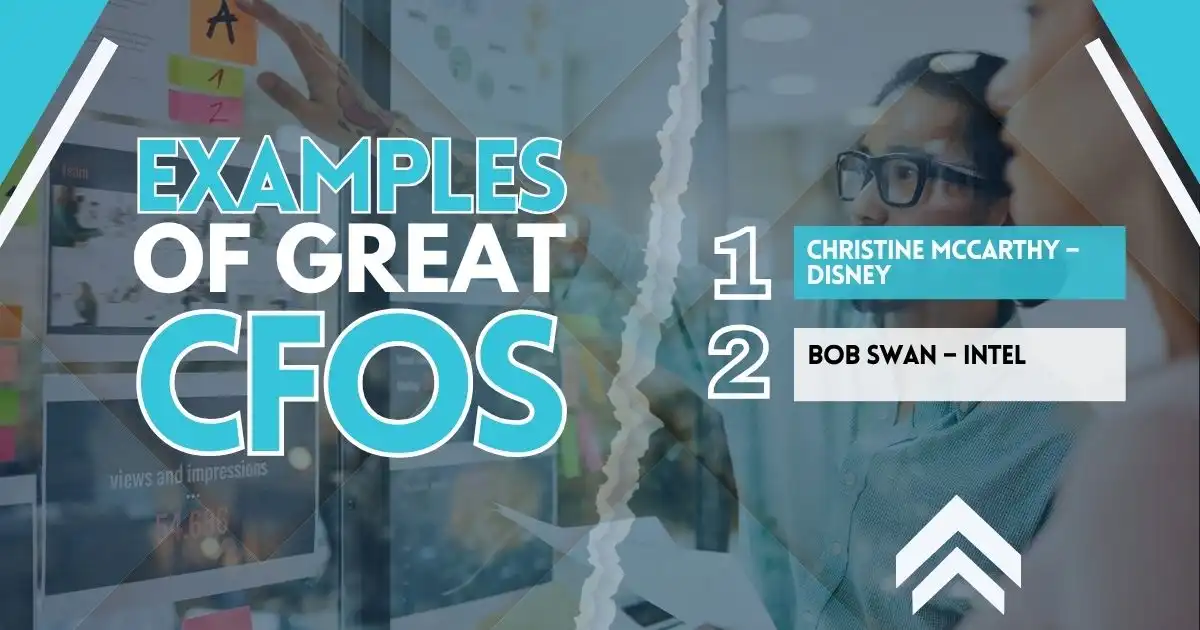Thinking about moving from CPA to CFO? You’re not alone. More finance professionals are stepping up and leading companies through big financial decisions. But climbing to the top takes more than technical skills and number crunching.
To lead at the executive level, you need more than financial expertise—you need to think strategically, guide teams, and communicate with impact.
So, what skills do CPAs need to become successful CFOs?
The Core CFO Skill Set
If you look at CFO job posts today, you’ll notice they’re very different from five years ago. Today’s finance leaders need to know more than just accounting. They must be good at communication, data analysis, risk control, and long-term planning.
Steve Priest, eBay’s CFO, says finance leaders must explain things clearly to guide the company and build trust. Vanessa Kanu, CFO at TELUS International, says working with IT leaders is important to changing how businesses operate from the inside.
Important Skills for Finance Leaders

- Clear Communicator – Able to explain financial results and tell the story behind the numbers to different groups, from staff to customers.
- Data Analysis – Skilled at studying large amounts of data. Knows how to use technology to turn numbers into useful insights and predictions.
- Forecasting – Can predict financial trends to help leaders make smart choices and support business stability.
- Risk Management – Can spot and reduce financial risks. Also considers social, environmental, and legal impacts.
- Strategic Thinking – Works with top leaders to make big decisions during uncertain times. Uses financial skills and leadership to guide planning and how money is spent.
Why Financial and Risk Management Matter
Financial management and risk control are two of the most important parts of a CFO’s job.
Good financial management means using company funds wisely, keeping the business financially healthy, and making smart money choices. Risk management means spotting threats to the company’s money and creating ways to avoid or reduce them.
When these two areas work together, finance leaders can guide the business more effectively and handle difficult financial situations.
How Technology Is Changing the CFO Role

Technology is making the CFO role more focused on data and strategy. One big change is the use of artificial intelligence (AI).
A 2024 survey by Gartner found that 71% of CFOs plan to spend at least 10% more on AI this year. AI helps by taking over simple tasks like entering data or checking numbers, so finance leaders can spend more time on bigger decisions.
AI also helps CFOs with things like planning big changes to how money is used, buying or selling parts of the business, and thinking through plans. If some teams don’t want to use new tools, you can help by showing how they make work easier and improve results.
Other tools like ERP systems, cloud finance tools, and real-time analytics also help make better decisions.
Using these tools helps CFOs guide their companies through today’s fast-changing business world.
Advanced Skills for Modern CFOs

Today’s finance leaders must learn new skills to work in a global and fast-moving business environment.
Key Areas to Focus On:
- Global Knowledge – Understand how markets, currencies, and laws differ around the world. This helps run international operations more responsibly and safely.
- CPA Certification – Shows strong knowledge in areas like reporting, auditing, and following financial rules.
- Creative Problem Solving – Modern CFOs, especially in tech, need to spot trends and act fast.
- Sustainability – Work toward greener operations by cutting waste, reducing carbon use, and reporting results clearly. These steps can also help build trust with investors.
Examples of Great CFOs

These CFOs excel in navigating complex financial landscapes, balancing growth with risk management, and contributing significantly to their companies’ success.
Christine McCarthy – Disney
CFO since 2015, McCarthy helped Disney buy Pixar, Marvel, and Lucasfilm. She also played a big role in launching Disney+, helping the company grow online.
She understands global finance well and uses that knowledge to link financial goals with big business moves. Her use of technology also helps Disney make smart money decisions.
Bob Swan – Intel
Bob Swan was the CFO and later the CEO at Intel. He led the company during big changes and focused on future trends like AI and self-driving tech.
His strong finance background helped him make smart choices. He also used data tools to understand financial patterns and avoid problems early.
These two leaders show how today’s CFOs combine business knowledge with smart planning to grow their companies.
Becoming a CFO: Where to Start
To become a CFO, you need deep knowledge of finance. This means understanding how to plan, analyze, and explain financial data. You also need to be a good leader and communicator to work well with other teams.
Getting certifications like CPA or CFA can help. Working in different finance roles also gives you the experience you need.
Being able to explain complex topics simply is just as important as understanding them. Over time, with the right mix of skills and experience, you can move into top finance roles.
Preparing for the CFO Role
CFOs are expected to do more than ever. Recruiters say that today’s employers want CFOs with strong business knowledge, not just finance skills.
To get there, think about taking degree programs or roles that teach financial planning, leadership, and business strategy.
Even a sideways move in your career—like switching to a treasury or FP&A role—can be helpful in the long run.
In a digital world, CFOs must help shape company strategy and encourage smart innovation. If you’re working toward this goal, focus on leadership and build up skills in areas like data analysis, ethics, and risk management. These are in high demand for today’s finance leaders.
Take the Next Step with Intention
Reaching the CFO role isn’t just about climbing a ladder—it’s about shaping how a business thinks, operates, and grows. If you’re a CPA aiming for the top, now is the time to step beyond compliance work and start acting like a strategist.
Build your communication style. Sharpen your leadership instincts. Get familiar with tech that drives better decisions. The skills you grow today will set the direction for your entire career.
Don’t wait for the title to act like a CFO. Start thinking like one now.
FAQs
What qualifications and skills does a good CFO need?
A good CFO typically holds a degree in finance, accounting, or economics, and many have an MBA or CPA certification. Key skills include financial planning, strategic thinking, leadership, risk management, and strong communication abilities.
What are the steps to become a CFO?
To become a CFO, start by gaining experience in finance roles such as accounting, financial analysis, or controllership. Earning certifications like CPA or CFA and developing leadership skills can help accelerate your path to CFO.
How can I prepare for a future role as a CFO?
Focus on building deep financial expertise, understanding business operations, and gaining cross-functional experience. Mentorship, continued education, and proven results in financial leadership are also important for aspiring future CFOs.
Is becoming a certified CFO necessary?
While certification isn’t required, becoming a Certified CFO or holding credentials like CPA or CMA adds credibility and may open more opportunities. It signals a commitment to professional standards and ongoing development.
